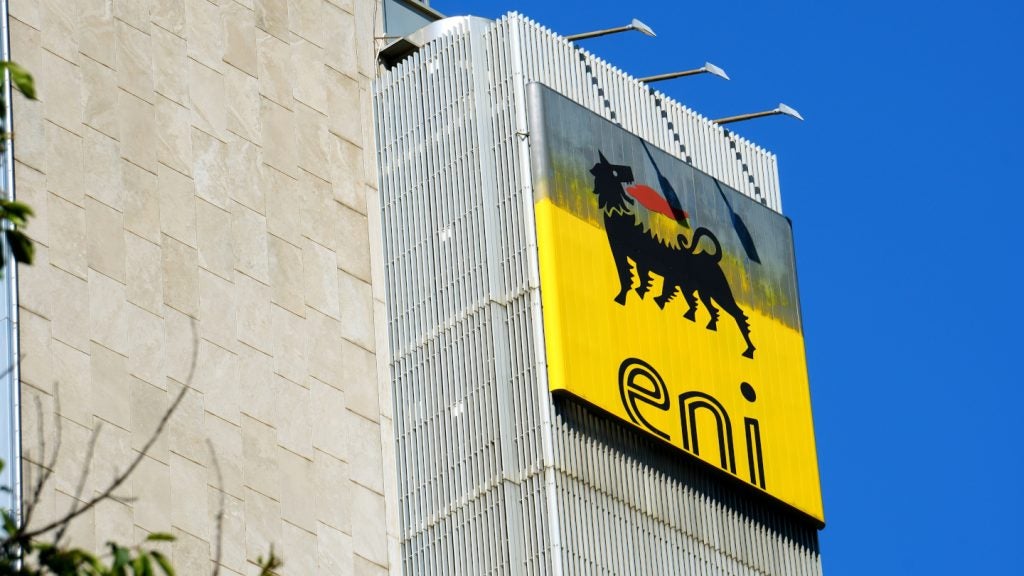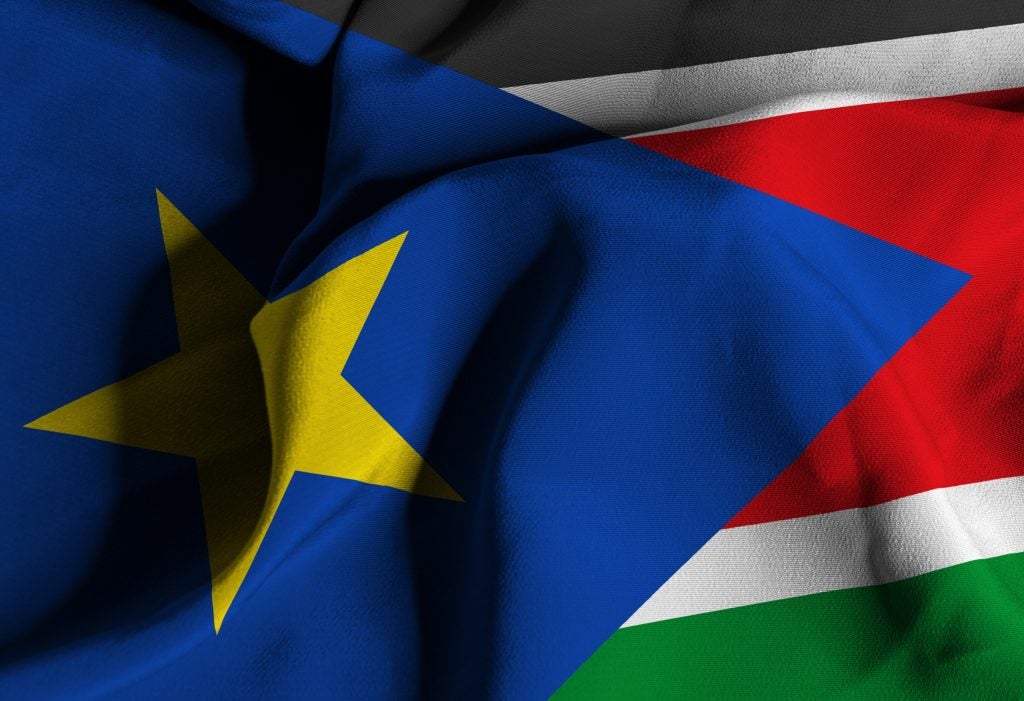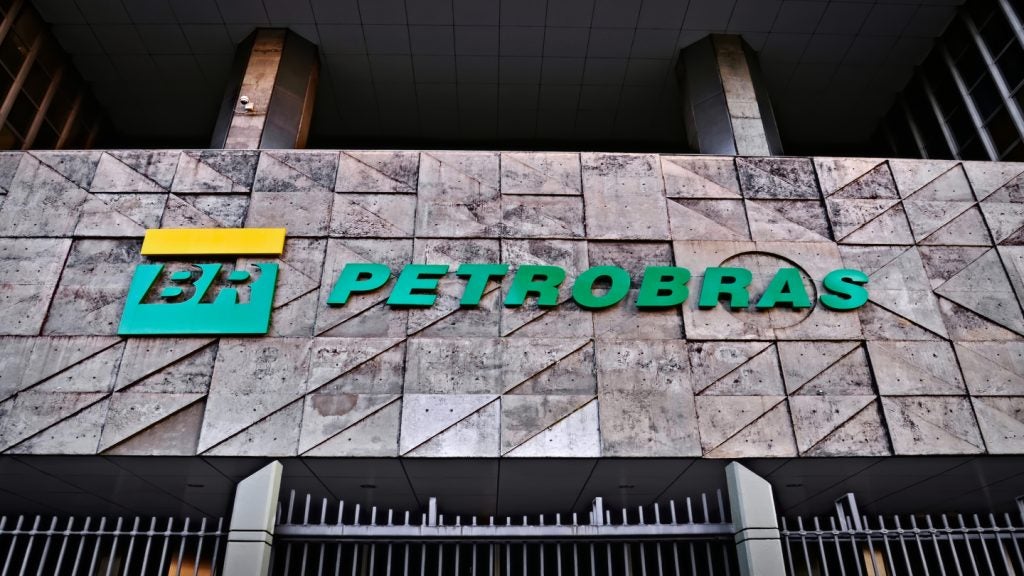BP and partner Deutsche Erdoel (DEA) have selected Subsea 7 for development of Giza, Fayoum and Raven subsea fields in offshore Alexandria, Egypt.
The latest work is the West Nile Delta project’s second phase, which involves development of five trillion cubic feet of gas resources and 55 million barrels of condensates.
At West Nile, field development will be at depths of around 800m.
Subsea 7 will provide engineering, procurement, and installation, as well as pre-commissioning of the subsea infrastructure from 12 wells, with 80km of umbilicals and 220km of pipelines.
The work also involves installation of export lines from the subsea location to the Idku terminal.
Subsea 7 plans to begin engineering and project management work at its Global Projects Centre located in London, UK.
How well do you really know your competitors?
Access the most comprehensive Company Profiles on the market, powered by GlobalData. Save hours of research. Gain competitive edge.

Thank you!
Your download email will arrive shortly
Not ready to buy yet? Download a free sample
We are confident about the unique quality of our Company Profiles. However, we want you to make the most beneficial decision for your business, so we offer a free sample that you can download by submitting the below form
By GlobalDataScheduled to start in 2017, the first stage of offshore installation will consist of landfall and shallow water pipelay.
Set to begin in 2018, the second stage will see installation of deepwater pipelines and execution of the SURF scope.
Subsea 7 vessels Seven Borealis and Seven Antares will be used for pipelay, and heavy construction vessel Normand Oceanic would be used to carry out other construction activities.
Subsea 7 Southern Hemisphere and Global Projects executive vice president Øeyvind Mikaelsen said: "This major contract awarded by BP recognises our performance during the first phase of the West Nile Delta project and allows us to deliver synergies across multiple work packages.
"Our early engagement on this project has enabled BP and Subsea 7 together with DEA to develop an optimised solution for the development of the Giza, Fayoum and Raven fields and demonstrates the effective collaboration between us."







